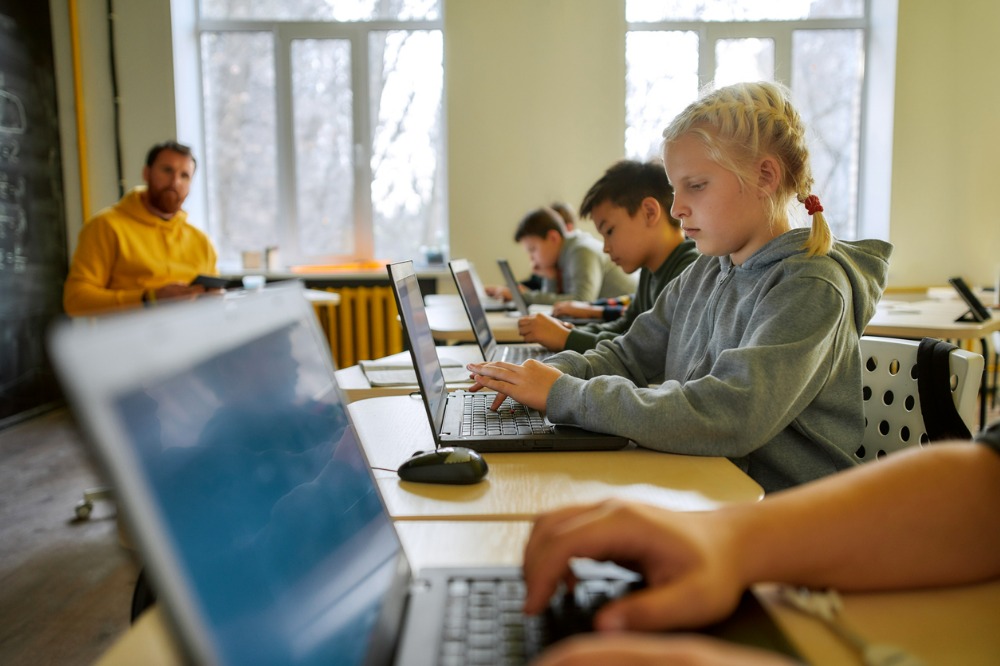
Over the last three decades, the rise of new Artificial Intelligence (AI) technologies has given rise to a big question that is still being debated today. If Artificial General Intelligence (AGI) is no longer a matter of if but when, what will this mean for how humans learn, work, and live?
Large Language Models (LLMs) such as ChatGPT, Claude, and Gemini are already transforming the way written content is generated and analysed, allowing chatbots to do much of the 'heavy lifting' when it comes to the tedious and time-consuming tasks that have grated on us for so long.
In schools around the world, the rise of AI presents a significant opportunity that teachers have been longing for. One report published in February this year found that a majority of teachers considered ChatGPT-generated lesson plans to be more effective than human ones.
As the world's big tech companies ramp up their own AI models, the opportunities for teachers, students, and school communities more broadly, are bound to increase exponentially. The question is, how can schools integrate these technologies effectively into their own teaching and learning frameworks to deliver meaningful benefits for young people and those who educate them?
‘A game changer for teachers’
Trenton Coburn, the K-12 Education Leader at Dell Technologies Australia said it is important that schools adapt to AI, given that this technology’s applications will become more widespread, and impactful, over time.
“AI is here to stay. It offers huge advantages and by using a private GenAI system, based on the education department’s data, many fears around AI can be relieved,” Coburn told The Educator. “It ensures the information is correct, secure, and within the government’s guidelines of AI use.”
However, Coburn said the most substantial benefits lies in reducing busy teachers’ workloads and making their day-to-day jobs more manageable.
“These [AI] tools reduce the administrative strain on their roles allowing them to focus more on the art of teaching,” he said.
“AI technologies are truly transforming personalised student learning experience. Facilitating real time, intuitive lesson planning and on-demand student analytics – a game changer for teachers. This powerful combination is driving student inclusion and participation, revitalising teaching time.”
Noting that Australian schools proved their ability to adapt during the remote learning period of 2020-2021, Coburn said they are likely to similarly adapt to generative AI as its use and application becomes more prevalent over time.
“It is inevitable that students will be using GenAI programs when completing their work so it will be beneficial for schools to adapt and develop ways for this to happen on the school’s terms,” he said.
“Guidelines on AI use have already been distributed by education ministers, and we expect to see private GenAI systems continue to be piloted. Educators will embrace this, knowing it allows them to focus on why they got into teaching, by reducing their workload and the burden of the administrative side of the role.”


